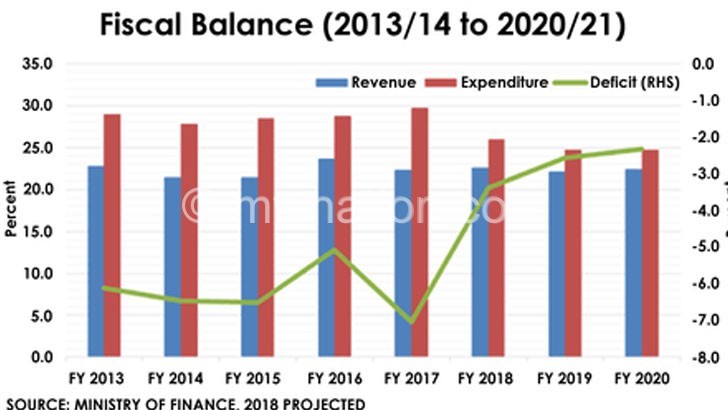Study reveals gaps In SDGS financing
A study on the country’s budgets has revealed huge financing gaps for the implementation of United Nations (UN) Sustainable Development Goals (SDGs) at both national and sectoral levels.
The study, which was undertaken by the Economics Association of Malawi (Ecama) with support from the United Nations Development Programme (UNDP) titled Sustainable Development Goals Audit on the National Budget Alignment in Malawi, observed that the country is far from the minimum expenditure requirement for most of the priority areas outlined in the Malawi Growth and Development Strategy (MGDS III).

The study says as a result of this, Malawi is unlikely to achieve the SDGs by a wide margin unless more public and private resources are mobilised, and more allocation efficiencies are achieved.
It established a minimum annual total per capita budget expenditure requirement of $213.1 (about K156 000) for both recurrent and development expenditure, out of which per capita development expenditure of $131.6 (about K97 000) is required for the country to make significant progress towards SDGs achievement.
Currently, Malawi’s per capita develpoment expenditure averages around around $33.2 (about K24 000), resulting in a financing gap of over $98.38 (about K72 000) ever after accounting for off-budget support.
Reads the study: “Despite the established financing gaps, it was also revealed that some government institutions had absorption challenges in utilising their allocated resources for the development budget, posing risks to the achievement of the SDGs.
“The findings also revealed huge off-budget development support inflows reaching as high as 15 percent of the total budget and representing over half of on-budget development expenditure at 28 percent of total budget.
“This outturn underscores the significant resources channelled outside the national budget that are key in the attainment of the SDGs, and thus need to be taken into consideration in monitoring SDGs progress.”
Treasury expects the 2018/19 overall fiscal deficit, including grants, to close at 3.8 percent of gross domestic product (GDP).
As compared to the previous financial year, there was a seven percent increase in the budget deficit.
In an earlier interview, University of Malawi’s Chancellor College economics professor Ben Kaluwa said with the growing deficits, pressure is now on government to spend more on servicing debt, infrastructure as well as providing basic services, a situation he said can be contained by doing a cost-benefit analysis.
But Minister of Finance, Economic Planning and Development Goodall Gondwe insisted that he would still rein in on over-expenditure to keep the national budget in check, saying government has put in place strong policies to balance the budget.
Malawi ratified and adopted the 2030 Agenda for Sustainable Development, which is aligned to MGDS III and SDGs.
Member States of the UN committed to a universal call to end poverty, protect the planet and ensure that all people enjoy peace and prosperity by adopting the 2030 Agenda for Sustainable Development which has 17 goals and 230 indicators. n





